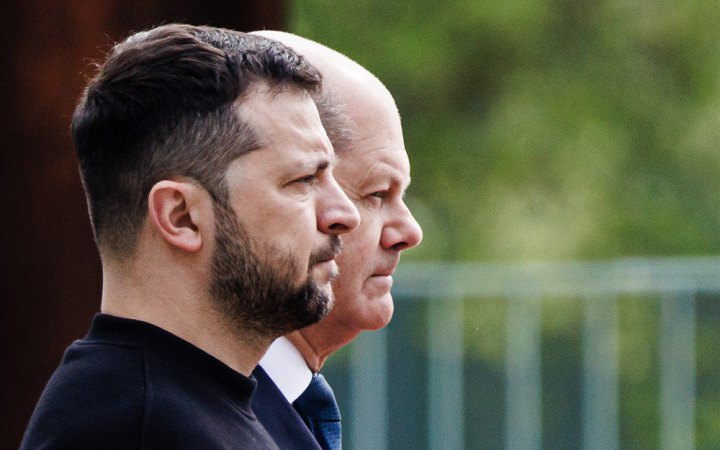As Ukraine's offensive in Russia’s Kursk Oblast intensified, a surprising report from the Frankfurter Allgemeine Zeitung on 17 August claimed Germany was halting its military aid to Kyiv due to "budget constraints."
The report, citing confidential sources and documents, suggested a moratorium on new assistance was already in effect.
Ukraine's Foreign Ministry quickly dismissed these claims as "inaccurate and manipulative," explaining that Germany's 2025 budget process was ongoing, with final approval set for November. Ministry spokesperson Heorhii Tykhyi clarified that the draft budget included aid for Ukraine similar to initial allocations from the previous year, which had later increased during parliamentary review.
The timing of this news seemed paradoxical – one might expect increased support given Ukraine's military progress. Yet, German Chancellor Olaf Scholz remained notably silent, refraining even from assurance of supporting Ukraine "as long as it takes."
This situation has sparked concerns both within Germany and internationally about potential reductions in aid to Ukraine. However, with no final decision made, confusion persists.
As the situation unfolds, Euromaidan Press investigates the future of German military assistance to Ukraine.
Germany has placed itself “in a deadlock”
Since 2022, Germany has grappled with balancing its support for Ukraine against other state duties, according to Rebecca Harms, a German politician and former Member of the European Parliament (MEP) from Germany. Recently, the three-party government coalition faced the challenge of agreeing on the next budget, with limited flexibility on timing for their compromise.
“But the compromise ignored not only the difficulties in the supply chain for the Ukrainian army. It also ignored the successes of the Ukrainian offensive in the Kursk oblast and the new needs to keep the momentum for Ukraine,” the politician told Euromaidan Press.
The main issue at hand is that Germany has "put itself in a deadlock," as Andreas Umland, analyst of the Stockholm Center for Eastern European Studies, told Euromaidan Press. The Bundestag, the national parliament of Germany, has effectively imposed upon itself a "constitutional stop on lending.''
“Apparently, what happened was that after all this domestic and other expenditure was added together, very little was left for Ukraine. They cannot easily change that; they would have to cut domestic expenditures. Otherwise, you will go further into debt,” Umland told Euromaidan Press.
The analyst notes that this system makes sense in peacetime when regulations like these ensure a form of "financial discipline." However, with war raging in Europe, these financial regulations hamper international support in times of conflict, as well as limit any available flexible options to overcome these issues in a timely fashion.
Umland stresses that Germany's support issues stem from fiscal constraints, not political reluctance. Furthermore, he expressed confidence that aid would continue.
“However, they will need to work out a way to make it happen—to get out of the legal deadlock, which needs to be circumvented or unlocked,” the expert predicts.
Seeing the confusion taking over in the information space, German Chancellor Olaf Scholz spoke out two days after the publication of the story.
Indirectly addressing the matter at hand, Scholz tried to calm down the situation by noting that “Germany is and remains the strongest supporter of Ukraine in Europe.”
The chancellor also pointed out that Ukraine can count on further support in the form of a €50 bn loan, which the G7 is preparing for Ukraine as it continues battling Russian aggression.
“This enables Ukraine to procure weapons on a large scale. It can count on this,” the Chancellor wrote on X/Twitter.
Russian frozen assets as an alternative
The Frankfurter Allgemeine Zeitung reports that German Finance Minister Christian Lindner informed Defense Minister Boris Pistorius on August 5 about new limits on aid to Ukraine. According to the report, Ukraine will receive only previously approved assistance, with Germany's support capped at €8 billion for 2024 and €4 billion for 2025. Future funding for Ukraine may come from proceeds from frozen Russian assets rather than Germany's federal budget.
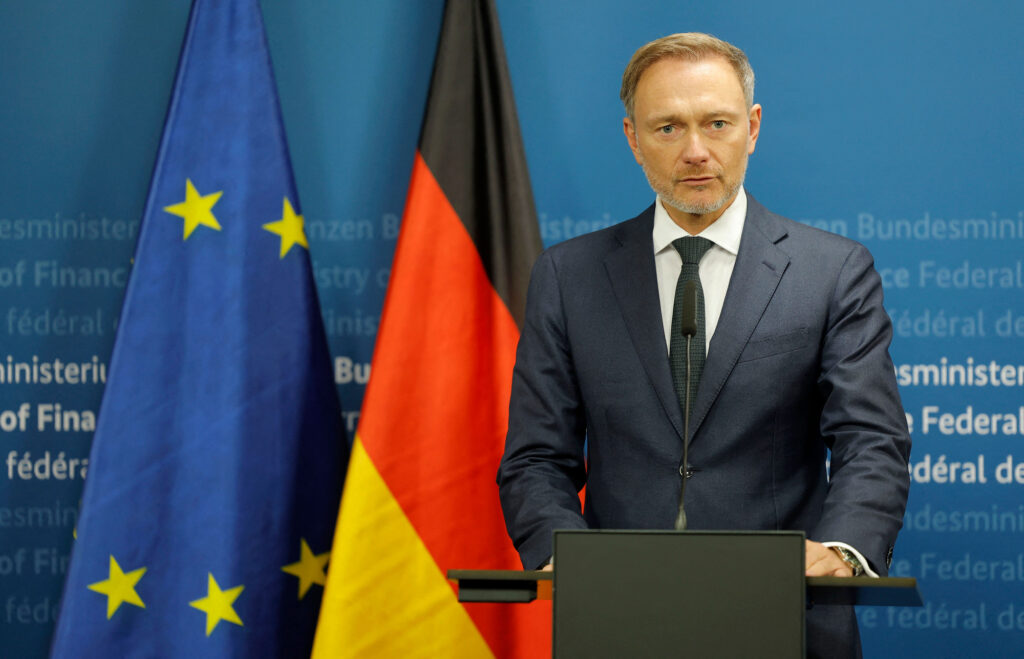
However, those involved in the G7 agreement on frozen Russian assets are cautious, acknowledging the uncertainty of this approach. Harms warns that relying on the uncertain income from frozen assets to address budget issues is risky.
“We also know well that Ukraine needs a lot of money not only for weapons and ammunition but also for recovery. For the money from frozen Russian assets I always assumed that this will largely be used for reparations,” the politician says.
Umland reflected on the matter of using frozen Russian assets and argued that it depends on to what extent Germany is willing to completely use the assets, or rather just a small percentage, to compensate for budget constraints.
“What they are hoping for right now is that the frozen Russian assets will resolve this. If they only use a small part of the assets, it will not be enough. If they use all of it, then it would be,'' the analyst said.
Trending Now
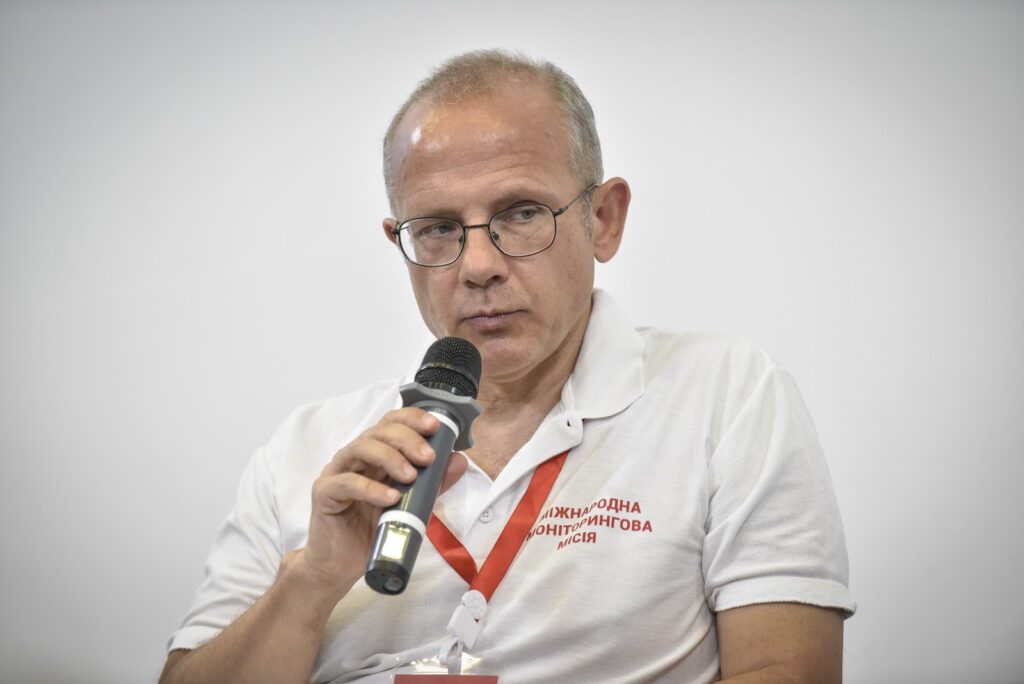
Debate raging in the Bundestag
Euronews reported on 19 August that this news has also caused unrest within the German Bundestag regarding Germany’s support for Ukraine. The chairman of Germany's Foreign Affairs Committee, Michael Roth, reportedly told journalists that failing to provide new military aid for Ukraine under future federal budgets would send Kyiv "a fatal signal."
Roth told reporters that as the Ukrainian army goes on the offensive for the first time in months with its incursion into Russia's Kursk region, Kyiv needs "the full support of its most important military ally in Europe, Germany."
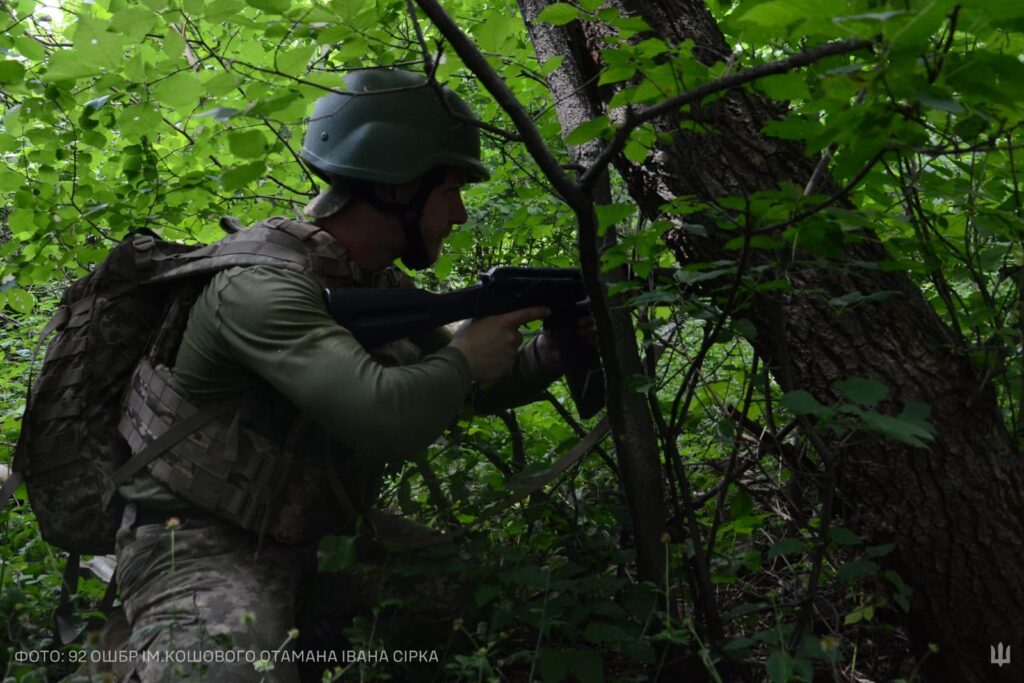
Furthermore, Marcus Faber, a member of the German Bundestag and Chairman of the Defense Committee in Germany for the FDP party (coincidentally, a member of Lindner’s FDP party), has urged that Germany should act on Ukrainian momentum by providing more military support to Kyiv.
Andreas Umland feels that this “pushback” from German politicians against the idea of cutting aid will have some impact on the situation. “I cannot imagine otherwise,” he said. Additionally, Umland noted that Germany needs to remind itself of the alternative worst-case scenario if it fails to get its affairs in order.
“The whole argument is about the German budget. But what would happen to the German budget if Russia wins? Then we would have millions and millions that somehow need to be found,” Umland urged.
Persuading voters for the future
Both experts note that the matter should also be viewed with an eye toward possible profiling by certain German politicians and parties. For example, this could be a way for the FDP to profile itself among the German electorate concerning the upcoming elections in September of this year, when citizens of the eastern German states will go to cast their votes.
Currently, anti-systemic, anti-American parties such as the AfD and the BSW are polling high in the east of the country, says Rebecca Harms. Additionally, there are fears that these parties might increase their seats nationally next year.
“The parties now in the ruling coalition look pretty weak especially in the eastern part of Germany. This has an impact in Berlin although still very many Germans believe that the Ukrainian fight for freedom is also a fight for us and deserves an even stronger support,” she said.
Andreas Umland argues that it is not wholly unrealistic to consider that center parties will try to persuade voters by adopting the rhetoric of these parties.
Is there a solution?
Harms points out that even this year's German budget is inadequate for Ukraine's needs, while 2024's funds seem already earmarked. The proposed German budget compromise assumes income from frozen Russian assets to gradually reduce Ukraine's military funding - a risky bet at best.
“At this moment I hope that the German Parliament will change the proposals in favor of the real Ukrainian needs. I also hope that other European countries like France will finally start to contribute seriously,” the politician reflects.
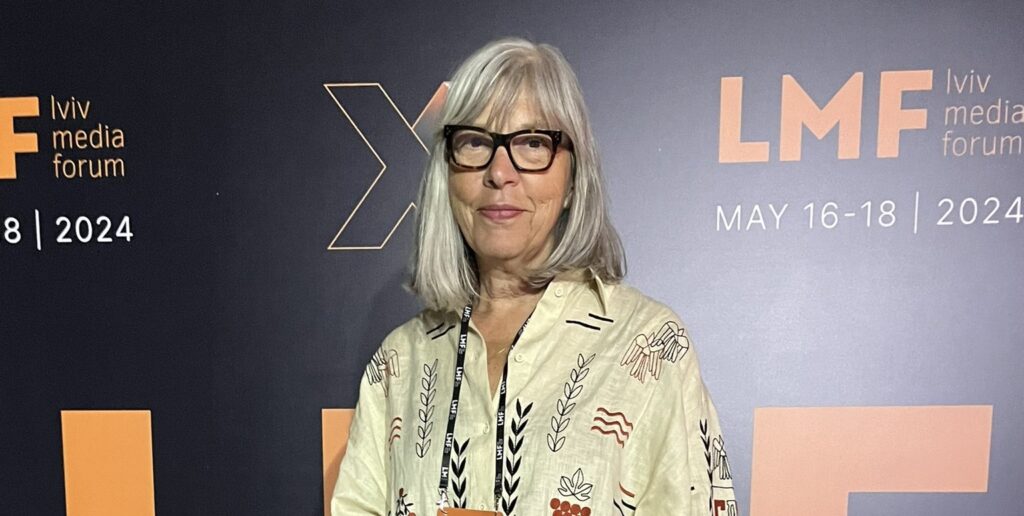
Despite these concerns, Umland remains cautiously optimistic about Germany's continued aid to Ukraine.
"By 2025, we'll have found a workable solution," he predicts.
For now, Ukraine's immediate support appears secure, though long-term commitments remain in flux.
Read more:
- Kasparov urges Scholz to boost Ukraine aid instead of cutting, demands Taurus transfer approval
- German defense stocks drop as government debates future Ukraine support
- Germany delivers new military aid package to Ukraine, which includes IRIS-T air defense system, ammunition, drones
- Ukraine dismisses reports of Germany halting military aid as manipulative
- Ukraine to receive state-of-the-art new generation artillery RCH 155 from Germany later this year
- German MP urges transfer of more military vehicles and tanks to Ukraine in light of Kursk incursion

